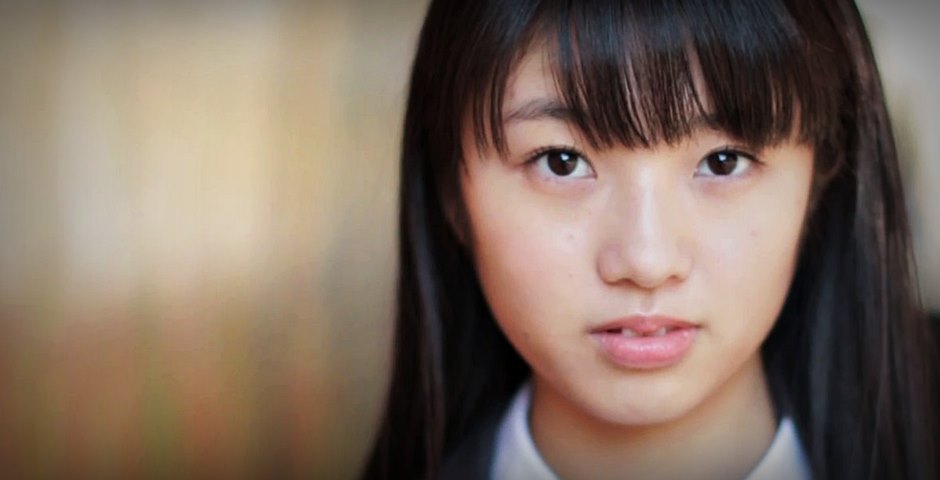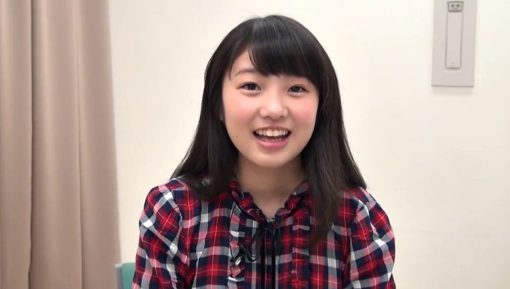Aiai’s hiatus continues
Finally yesterday we got an update about Maho Aikawa’s current situation concerning her hiatus which is a cause of her diagnosed panic disorder.
Concerning this Hello! Project official site has announcements from President Takeshi Nishiguchi (Up front Promotion Co. Ltd.) and of course from Aiai herself.
It’s still uncertain will Aiai ever make her comeback to ANGERME & H!P but there sure are encouraging news from her. She is feeling better now and has started to study at Uni for photography. That’s good. But the main thing on these announcements is that Aiai’s hiatus continues and there is no given date or even prediction when she might come back to business.
Of course we all Aiai supporters wish her strenght & faith for outdoing this panic disorder and hope to see her again as full member in ANGERME. It may take time but it’s possible.
What is panic disorder?
I found well written and easily understandable article about panic disorder while searching information about this mental illness from the web. Article is written by Heather Stone (Ph.D.) and explains quite clearly what panic disorder actually is.
Here I quote some main parts from her article. The entire text can be found from her site.
People with anxiety sensitivity sometimes develop Panic Disorder, which may be described as a “fear of fear.” It is the presence of recurrent, unexpected panic attacks followed by at least one month of persistent concern over having another panic attack. A panic attack is a discrete period (20-30 minutes, maximum) in which there is a sudden onset of intense apprehension, fearfulness, or terror, often associated with feelings of impending doom. During these attacks, the following symptoms may be present: shortness of breath, heart palpitations, chest pain or pressure, choking or smothering sensations, feelings of unreality, or fear of dying, going crazy or losing control. In other words, an alarm is going off but it is really a false alarm, because the body is fine.
People with Panic Disorder eventually tend to regard even “small” internal experiences, including the shifts that occur inside the body, with far too much significance. Feeling light-headed, or having your heart rate speed up, happens to all people pretty regularly, but to a person with anxiety sensitivity, these things are felt to be dangerous.
Here is a really important question that I want you to consider: Why is it that people who have panic attacks almost always think that they are dying, going crazy, or losing control? The answer is because the mind is set up to seek congruence – in other words, it is not satisfied unless everything feels like it matches up. Unfortunately, however, the explanations that the mind produces are often a) wrong and b) devastating to think about.
A person is only diagnosed with Panic Disorder when they are afraid of having another panic attack. In other words, a person could have one panic attack in their lifetime, and maybe it even happened ten years ago, but if they are living their life in fear of having another one, they qualify for the diagnosis of Panic Disorder. Conversely, when a person has frequent panic attacks but is not afraid of them, they do not have the disorder. With that in mind, recovery is all about the willingness to be uncomfortable. People with anxiety often ask the question, “What is the worst thing that could happen?” But they rarely answer it in this way: “I will be really, really uncomfortable. (But I would be ok).”
My experience of working with clients suffering from anxiety sensitivity is that they pretty much refuse to ever feel uncomfortable, which is really a mistake. Most of us would never go to the doctor and say, “I refuse to have another headache.” We just don’t make those kinds of ultimatums.
What is required, then, is to become more flexible. Allow the sensations to just move through you. Be willing to be with whatever is happening. Learn to make friends with your body, and stop bossing it around, because you will lose. If you allow your body to have its fluctuations, it will be nicer to you. Don’t fight it. Acknowledge that your attitude towards your internal responses is extreme, and just try to “float” with the experience. Watch your thoughts and your physical sensations come and go, and stop struggling with your experiences. Learn to say, “It’s just a thought.” Or, “It’s just a feeling.” Practice feeling neutral, and become an observer, not a director, of your own internal states.
(Text quotes ©2012 Heather Stone, Ph.D.)


